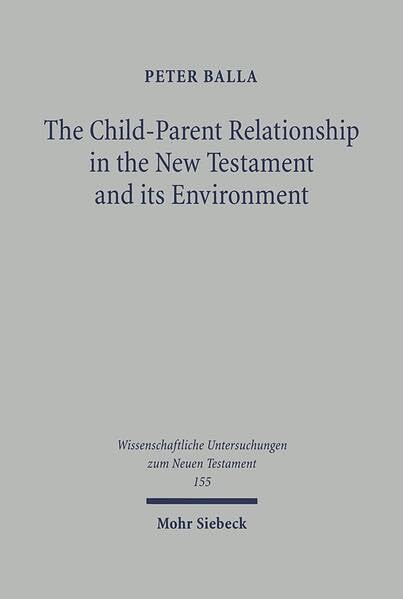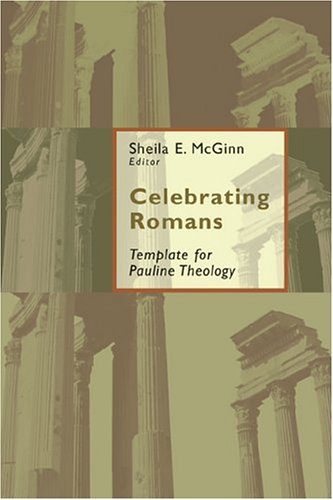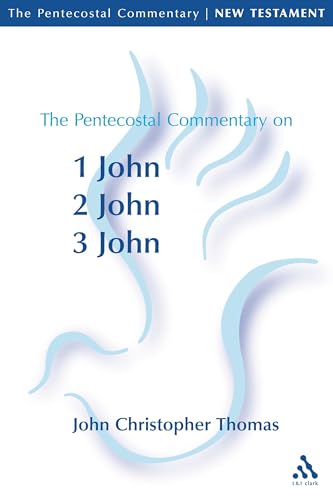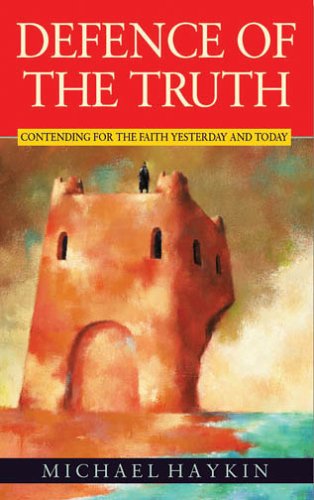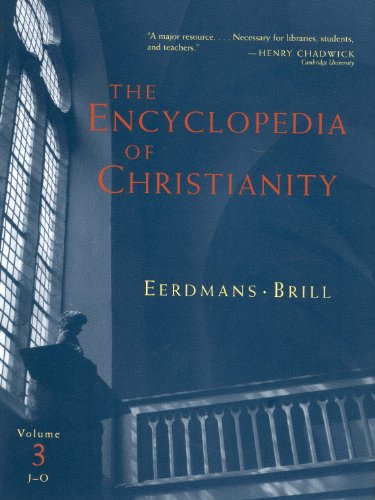THE CHILD-PARENT RELATIONSHIP IN THE NEW TESTAMENT AND ITS ENVIRONMENT. WUNT I, 155
Written by Peter Balla Reviewed By Christoph StenschkeChild-parent relationship have been examined mainly from the perspective of the parents. The present study focuses on the children. In the NT Balla sees a two-fold tension regarding the expectation that children should honour their parents. There is the difference between reverence towards parents among the first followers of Jesus and in the settled congregations and the tension within the gospel tradition which contains both ‘Honour your father and your mother’ (e.g. Mark 7:10) and at the same time radical sayings on leaving one’s parents (e.g. Mark 10:29).
Part one examines the child-parent relationship in the Greco-Roman and Jewish world. Part two is devoted to the child-parent relationship in the NT in order to understand to what ‘extent early Christianity shared ideas and practices with its environment and what (if any) was its own peculiarity’ (113). Balla offers a detailed examination of the gospel tradition (114–56) and concludes: ‘the Gospel material concerning the child-parent relationship allows us to put together a picture of Jesus and his followers that corresponds to that found in the environment of the NT. Jesus and the early church around the evangelists observed the commandment to love father and mother; they did not break his commandment when they gave priority to God even over parents’ (156).
Next Balla examines Paul’s letters (157–201), in which ‘the views and practices in the realm of child-parent relationship correspond to a large extent to those met in the environment’ (198). Balla further notes that the matter of limits to the performance of duties toward parents is not addressed at all, which confirms the thesis ‘that the early Christians did not think Jesus broke with God’s commandment to honour father and mother’ (201). Balla argues persuasively ‘that Jesus’ radical call to some disciples was not understood by the early church as a breach of the expectation of their pagan and Jewish environment that children owe honour to their parents’ (232).
This is a fine study of all the child-parent relationships that are mentioned in the NT. It offers excellent guidance on a question raised by the NT and one with which many Christians have grappled. It has far-reaching practical and ethical implications for present day Christian families, and missiological importance for societies in which family matters matter more than in many Western societies.
Christoph Stenschke
Missionshaus Bibelschule Wiedenest


